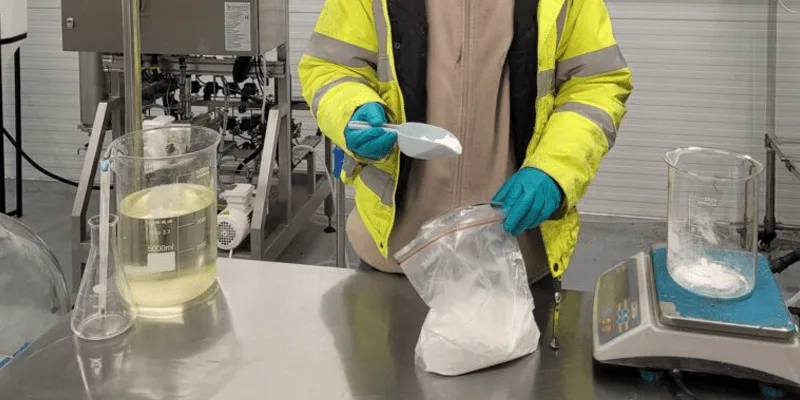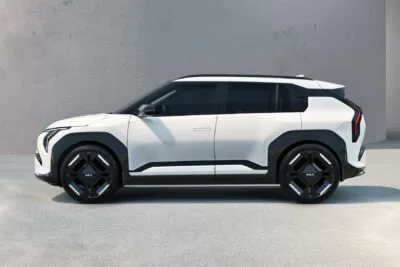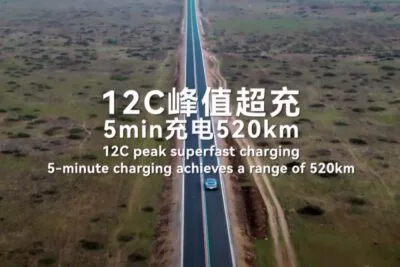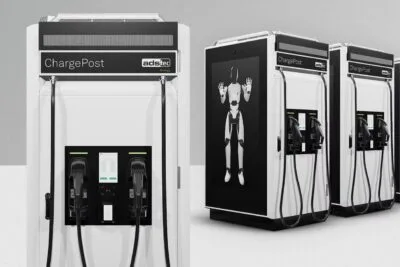5.9 million tonnes of lithium found in Northern India
India has discovered a significant lithium deposit. In the Reasi district in the north-western state of Jammu and Kashmir, experts from the Indian Geological Survey have discovered deposits of around 5.9 million tonnes. This was announced by India’s Ministry of Mines.
A plan for the mining of lithium is now to be worked out. The large reserves were found in the Salal-Haimana area in the Reasi district, which is a hilly area in the north of the country. Geologists had already identified much smaller lithium deposits in the southern state of Karnataka in 2021. In the order of magnitude mentioned above, however, India will first focus on the states with the largest lithium reserves.
Data from the US Geological Survey shows that Chile has the largest lithium reserves so far with around 9.3 million tonnes. It is followed by Australia with around 6.2 million tonnes. Argentina is also one of the large lithium nations. Until now, India has been dependent on imports of this raw material from Australia and Argentina.
With the new lithium findings, this is likely to change in the future. For India, this will make the creation of a value chain in the industry tangible. While India is still one of the countries with the world’s highest CO₂ emissions, it has set itself the goal of becoming CO₂-neutral by 2070.
Initiatives to build a battery and battery cell industry already exist in the country. For example, in October 2021, India launched a call for funding to establish battery cell factories. Ten companies applied with plans for factories with a total capacity of 130 GWh. The companies included Hyundai, Ola and Mahindra. But also Reliance New Energy Solar (RNES), a subsidiary of the large Indian industrial conglomerate Reliance Industries.
To boost demand for e-vehicles at home, the government of India has extended the second phase of the national eMobility subsidy programme FAME (“Faster Adoption and Manufacturing of Hybrid and Electric Vehicles”), which started on 1 April 2019. FAME 2 was originally scheduled to run until the end of 2022 and has since been extended to 31 May 2024. In addition to the private car market, the government is also promoting the electric vehicle fleet and commercial vehicle market through the so-called CESL funding.
The Indian car market is still small compared to the enormous size of the population. According to Reuters, electric models accounted for just one per cent of total car sales of around 3.8 million vehicles last year. Manufacturers active in this field or about to enter the market include the local heroes Tata Motors and Mahindra & Mahindra as well as the Chinese brands BYD and MG Motors.





0 Comments